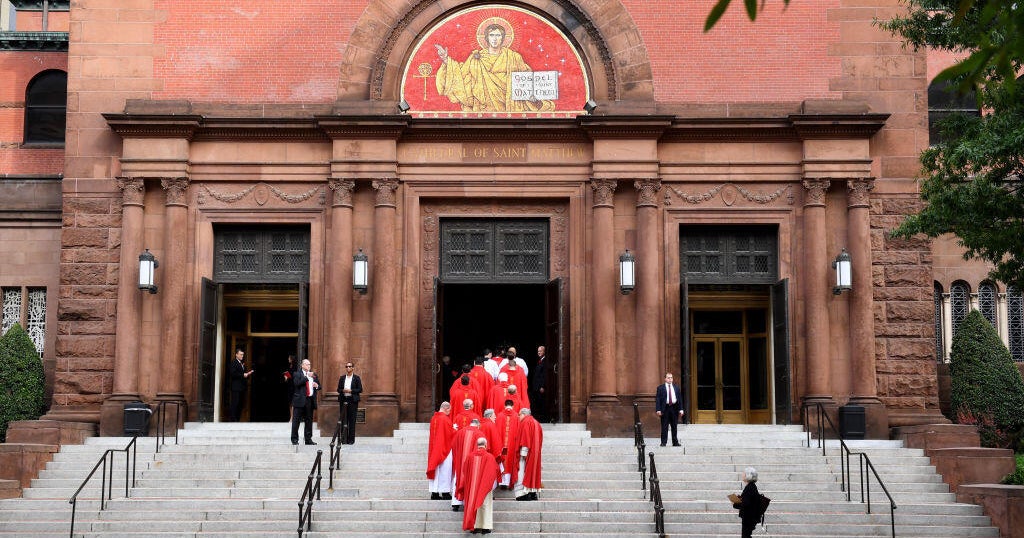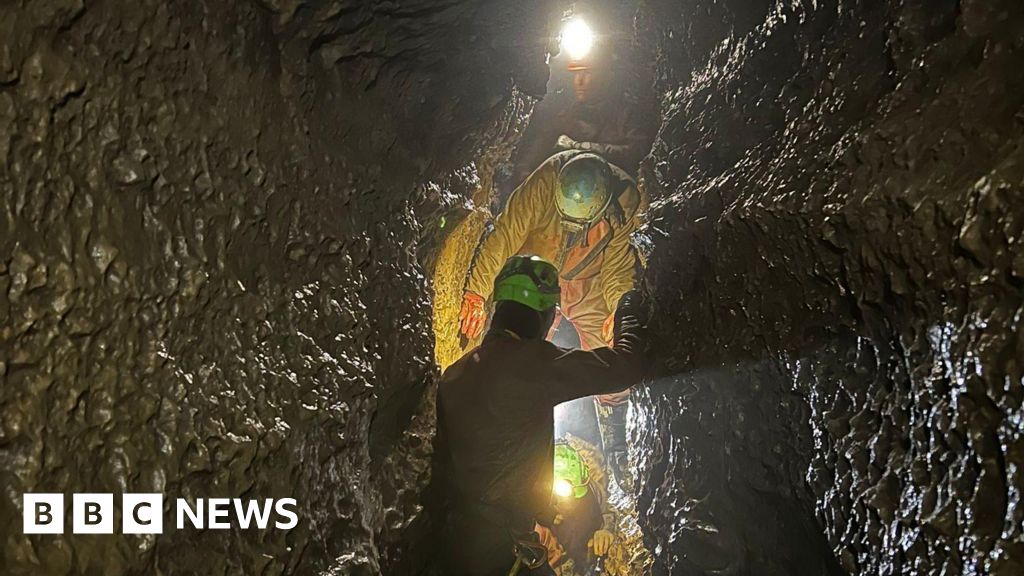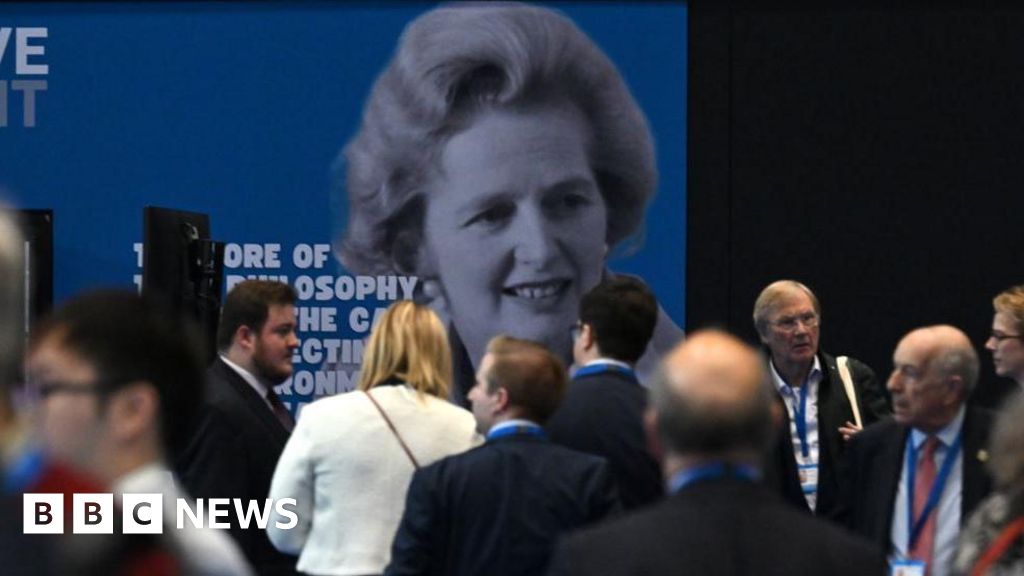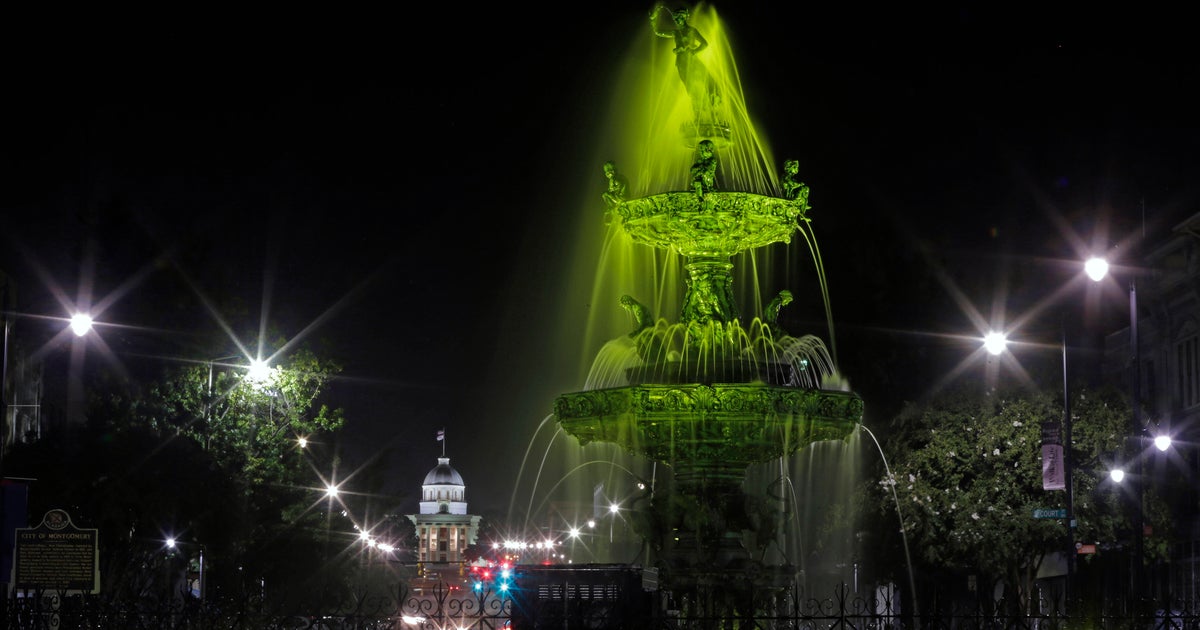Anthony Albanese came away from his visit to the King’s Scottish pile at Balmoral conceding he would become the fifth successive republican Labor prime minister who has failed to advance the republican cause. This did not appear to outwardly trouble him.

Anthony Albanese shares a joke with King Charles at Parliament House last October. Credit: Getty Images
Maybe this one-time tribune of the Labor left was seduced by the magic of the monarchy. Or simply cowed by its sheer magnitude, given how it sits at the pinnacle of global celebrity culture. Maybe in King Charles he eyes a left-wing kindred spirit, who, probably like him, would prefer to speak more passionately on progressive issues but opts instead for self-censorship so as not to scare the horses. The joke in royal circles is that King Charles is more radical even than George Monbiot, one of The Guardian’s more leftist columnists. Almost certainly, the King of Australia is more radical than the prime minister of Australia on issues such as global warming.
Rather than mimicking Menzies-style deference, Albanese’s shelving of republicanism stems primarily from an understandable aversion to referenda. Losing the Voice referendum marked the low point of his tenure, and one from which he did not fully recover until election day in 2025. In an interview with David Speers on ABC’s Insiders, he announced the country would not be asked another referendum question for the duration of his prime ministership. “I think I’ve made it clear that I wanted to hold one referendum while I was prime minister, and we did that,” he said. Then he twice reaffirmed the phrase “we did that”, to shut down further discussion.
In America, the US Senate has long been the graveyard of much-needed reform – a body which up until the mid-1960s killed off civil rights bills aimed at ending Jim Crow segregation and which this century has blocked stricter gun controls. In Australia, referenda have become the burial ground for reformers’ dreams: the Voice in 2023, a republic in 1999, and a commonsense change urged upon voters by Bob Hawke in 1988 lengthening parliamentary terms to four years rather than three, which would have made politics less of a permanent campaign.
Of the 45 nationwide referenda, only eight have been carried. No prime minister – even one with a whopping parliamentary majority – wants to suffer back-to-back defeats. So “we did that” has become his fatalistic mantra.
Loading
This is the same prime minister, of course, who has championed “progressive patriotism” as a counterpoint to nationalistic populism. It provided the overarching theme of his speech in June to the National Press Club in which he sought to vest his election victory with larger meaning. In his speech last month to the Labour Party conference in Liverpool, he spoke again of “embracing patriotism as a truly progressive cause.”
That’s become a common refrain on the centre-left as it confronts an insurgent far and hard right. Keir Starmer, facing a threat from Nigel Farage’s Reform UK, has called for “patriotic renewal”. During his own Labour Party conference speech, he urged compatriots to wave their flags with pride. Beforehand, his audience had been handed national ensigns to create a sea of flags, much like the Last Night of the Proms.
Britain would suffer a nervous breakdown without its monarchy. Jeremy Corbyn is the only Labour leader to have been openly republican, making him unelectable. In the Australian context, however, “progressive patriotism” is intellectually incoherent without republicanism. Albanese’s abandonment of republicanism feels more like regressive patriotism. Or maybe we should call it “pusillanimous progressive patriotism.”
It is all a far cry from “the three Rs” of Paul Keating’s version of progressive patriotism: republicanism, reconciliation and a reorientation towards Asian neighbours. Under Albanese, it is hard to see a grand gesture of reconciliation equivalent to the Indigenous Voice to parliament. Under Albanese, the 76-year-old monarch will remain head of state. Under Albanese, AUKUS remains the sine qua non of foreign policy – a pact the Chinese deride as an “Anglo-Saxon bloc”.
Loading
AUKUS and the monarchy raise obvious questions about Australian sovereignty and independence, while reconciliation goes to the heart of national identity: fertile ground, you would think, for a patriotic progressive. Looking through a narrow aperture solely at these three pillars of national policy, someone unaware of the political backstories of the two prime ministers might struggle to differentiate Albaneseism from Howardism.
More than a quarter-century on, the failure of the republican referendum continues to exert a deadening effect on the Republican movement, which was always John Howard’s intention. The “no” vote in 1999 can also be seen as the day the reform era came to an end. True, the GST, the last major durable economic reform, came into effect on July 1, 2000. But the legislation passed parliament a year beforehand in June 1999. The Republican referendum came more than four months later.
Since then, the failure of Australian republicanism has become more broadly emblematic. The Australian crown has become a symbol of Australia’s 21st-century inertia; a dormancy when it comes to national renewal.
So much, then, for the long-awaited Charles moment, when Elizabethan republicans, unwilling to agitate against a popular queen, would push again for a home-grown head of state. If anything, King Charles is enjoying a purple patch. An irony of the rise of authoritarians such as Donald Trump is that a constitutional monarch, with limited symbolic powers, is widely regarded as a safer bet than a kingly president. Likewise, at this time of angry polarisation, a head of state who transcends partisanship becomes a more attractive proposition. At times this year, when mounting a doughty defence of Canadian independence from America and Ukrainian independence from Russia, the King has almost assumed the mantle of leader of the free world.
The indifference of the Australian people has long been “the monarchy’s strong point”, as Malcolm Knox argued in these pages ahead of last year’s royal visit. Now its position in Australia looks even stronger because of the seeming indifference of a republican Labor prime minister.
Nick Bryant is the author of The Rise and Fall of Australia: How a Great Nation Lost its Way.
Cut through the noise of federal politics with news, views and expert analysis. Subscribers can sign up to our weekly Inside Politics newsletter.
Most Viewed in Politics
Loading


















































